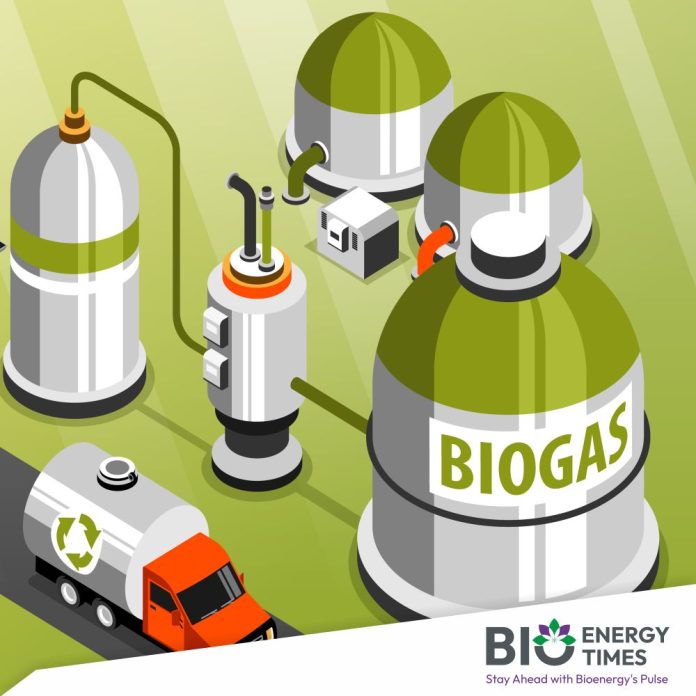To promote clean fuel, the central government, led by Prime Minister Narendra Modi, has launched the Gobar-Dhan Yojana (Galvanizing Organic Bio-Agro Resources Dhan Yojana) to enhance cleanliness and sustainable development in rural areas.
Under this initiative, both central and state governments provide a subsidy of ₹37,000 to help establish biogas plants. These plants are not only creating alternative energy sources but also fostering a cleaner environment, improving health, and generating employment in rural communities. Currently, over 7,200 biogas plants are operative in the state, benefiting livestock owners by reducing traditional fuel costs and enhancing public health.
In addition, the Prime Minister has initiated the nationwide ‘Swachhata Hi Seva – 2024’ campaign, running from September 17 to October 31, aimed at accelerating cleanliness efforts across India.
Chief Minister Bhupendra Patel has encouraged the ‘Swabhav Swachhata-Sanskar Swachhata’ ethos among Gujarat’s citizens through this campaign, promoting various cleanliness activities throughout the state.
As the ‘Swachhata Hi Seva’ campaign unfolds, the biogas plants established under the Gobar-Dhan Yojana are contributing to clean fuel production and environmental sustainability.
Launched on November 1, 2018, by the Ministry of Jal Shakti – Department of Drinking Water and Sanitation, the Gobar-Dhan Yojana is part of a broader biogas program by the Government of India. Its aim is to convert organic waste, such as cattle dung and agricultural residues, into biogas, compressed biogas (CBG), or bio-CNG, which can be used for cooking and electricity generation.
This initiative not only promotes effective waste management but also enhances renewable energy production, cleanliness, and provides farmers with an additional income source, while encouraging sustainable agricultural practices. To participate, individuals must own at least two livestock animals.
For biogas plant establishment, the subsidy breakdown is ₹37,000 per unit from both the central and state governments. For each 2-cubic-meter-capacity plant, the beneficiary contributes ₹5,000, with the central government covering ₹25,000 and ₹12,000 from MNREGA for site preparation.
Thus, a biogas plant can be set up for a total cost of ₹42,000, requiring only a ₹5,000 investment from the beneficiary. Banas Dairy, Sabar Dairy, Doodh Sagar Dairy, Amul Dairy, and NDDB are the designated implementing agencies for these plants.
Under Phase-2 of the Swachh Bharat Mission (Rural), 200 individual biogas plants have been established in clusters across each of the 33 districts. So far, 7,276 biogas plants have been installed against a target of 7,600.
In the 2022-23 fiscal year, ₹50 lakh per district was allocated for these plants, with a funding ratio of 60 percent from the central government and 40 percent from the state. Currently, 97 percent of individual biogas plants under the Gobar-Dhan Project are operational in Gujarat, while work on cluster plants is ongoing.
Biogas derived from organic waste is effective for cooking, resulting in fuel savings and enhanced food flavor. A survey by Sabar Dairy indicated that all surveyed families preferred the taste of biogas-cooked food, with 87 percent noting that it cooks significantly faster than wood or LPG. Moreover, cleaning dishes post-cooking is simpler.
Health benefits are another significant advantage. Prior to the installation of biogas plants, residents faced issues like smoke-related eye infections and respiratory ailments. These health concerns have markedly decreased since the plants became operational.
Given these benefits, the Gujarat government plans to establish an additional 10,000 biogas plants across 50 new clusters.
The use of biogas has reduced expenses related to LPG cylinders and eliminated the pollution associated with burning wood. The odor-free slurry produced by these plants can serve as organic fertilizer, supporting organic farming practices. Cooperative societies can be formed to sell this fertilizer, further boosting income. Additionally, women from self-help groups have gained financial independence through fertilizer cooperatives, creating new job opportunities.
To read more about Biogas Industry News, continue reading BioEnergyTimes.com














